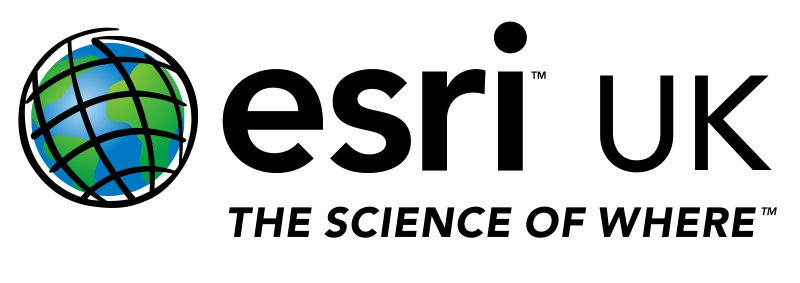Hampshire County Council empowers citizens to access information on demand
/An article entitled ‘
’ (author: Stuart Sumner) published this week in the May 12th issue of Computing, has Jos Creese, CIO of Hampshire County Council talking about the ability of Local authorities to deliver optimal services. This is something close to our heart at Esri UK and in fact Hampshire CC are a customer who have been successfully using LocalView Fusion and
for some time, as a part of a centralised drive to provide better services to citizens. In the article Jos notes that “Whats important is to design interfaces so that citizens can do what they want, when they want and how they want. Its better simpler and cheaper”. Online digital mapping is one means for Local Authorities to achieve this for many services – from finding nearby amenities like recycling facilities to reporting potholes or sharing census, demographic and other data for their area.
Read More
